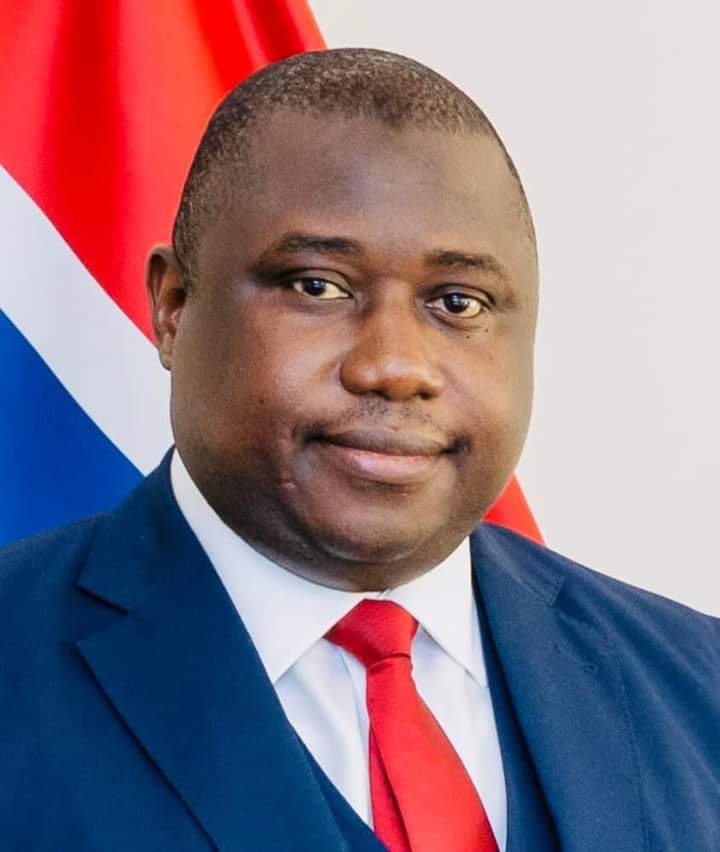By Kemo Kanyi
The National Assembly of The Gambia has been stripped of powers of the appointment of the members of the Independent Boundaries and Electoral Commission (IBEC) and approval of Presidential Appointments given by the Constitutional Review Commission’s Draft Constitution.
Clause 81 (3) of the 2020 Draft by the CRC requires NA confirmation of appointments with a 60% majority.
Acting on this provision, the State in the 2024 Draft Constitution, replaced that clause with section 42(3) of the current (1997) constitution.
According to the explanatory note provided by the State, National Assembly confirmation of Presidential appointment of IBEC members has been removed from this clause and wherever it applies.
It further stated that the replacement of this provision reverts to a more
streamlined and centralized procedure for appointments.
“The bureaucracy of confirmation by the National Assembly portends undue bottlenecks in providing prompt and quality electoral administration due to delay in appointing members of the IEBC. Reverting to the procedure under the 1997 Constitution ensures that
appointments can be made more efficiently by consulting statutory independent bodies in a manner that guarantees sufficient checks and balances through consultation with key independent bodies,” the government explained in its draft explanatory note.
Clause 88 (4) of the 2020 Draft Constitution stipulates National Assembly confirmation or approval of the presidential appointment.
The 2020 Draft in this clause provides for the one-half majority for any NA confirmation/approval of presidential appointment where no other majority is provided. However, the 2024 Draft deleted the clause entirely.
The government said the confirmation process is considered cumbersome. As a result, it may not be practicable to subject every person appointed by the President to the approval of the National Assembly.
Arguably, this process may gradually whittle down the efficacy of a Presidential System of Government, which allows the President to seek out highly qualified and competent persons for appointment. An overarching subjection of appointments in this regard may undermine the practice of separation of powers in The Gambia,” this was further explained in the draft explanatory note.





